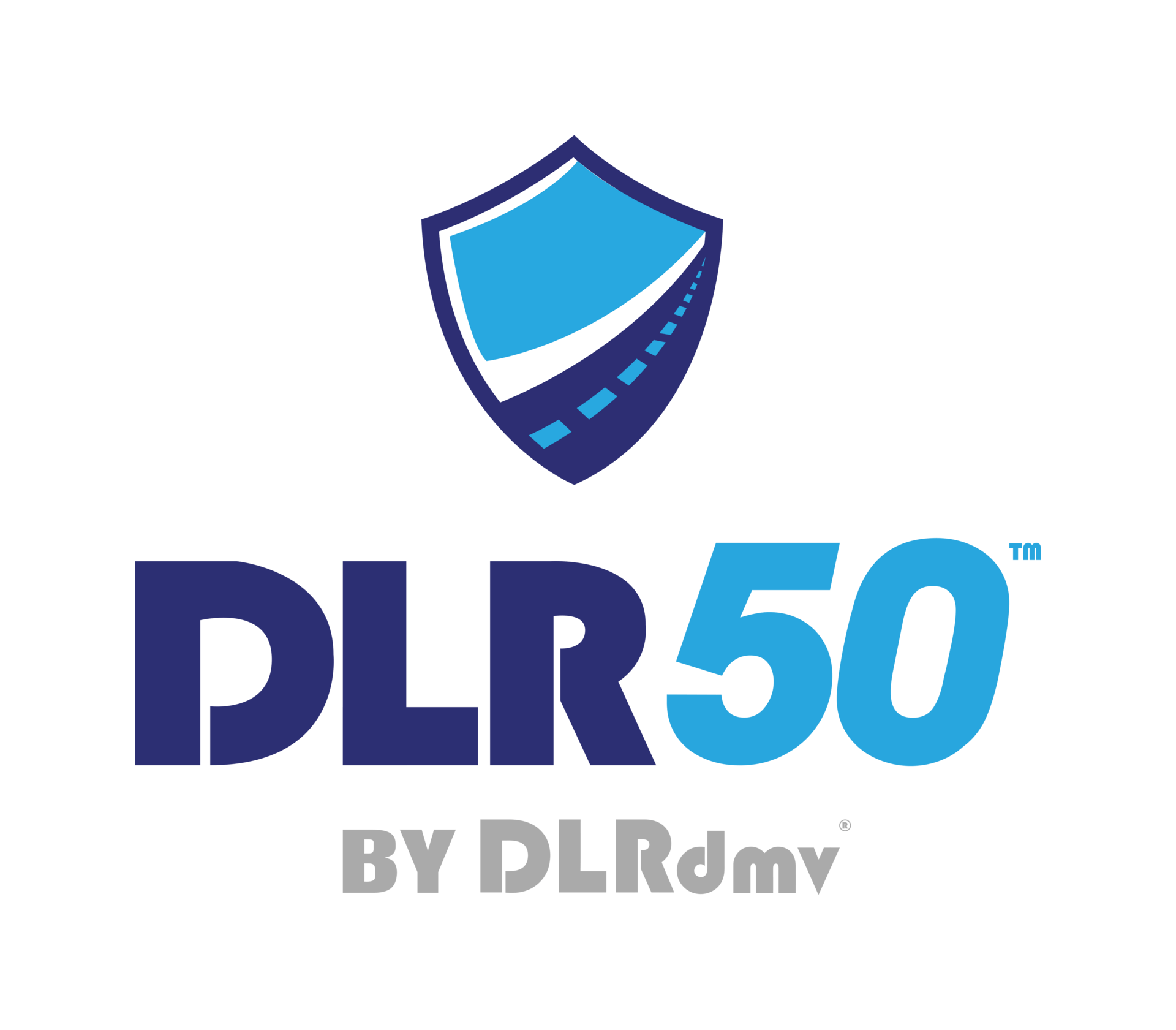As automakers raise MSRPs and destination fees, while grappling with economic headwinds, average new car transaction prices are breaking records. And as a result, consumers are visiting the pre-owned lot more frequently.
Against that backdrop, Daily Dealer Live brought together four used car directors to answer a question hitting every desk right now:
What wins in used-car acquisition—data or gut?
The data case: Burt Davidson, used car platform director at Diehl Automotive Group, built a buying center sourcing 110+ cars monthly. Almost zero cars now come from wholesale auctions.
"I can't teach gut, so I have to go with data," Davidson said.
His process: appraise correctly, give numbers over the phone, follow the devaluation sequence when customers arrive.
Skip one step and you're explaining why you paid too much.
"Anytime you veer from the process is when you get into trouble. Trust but verify," he explained.
The gut case: Charlie Spradlin, sales director at Art Moehn Chevrolet Honda, leverages both sides of the coin. He has two buyers–one that relies on spreadsheets and market-day-supply tools. The other trusts his own instincts.
"The way that they perform almost identically on a month-to-month basis is incredible," Spradlin said. "I think it just lends itself to [the idea that] both sides can work."
Spradlin also mines 20–30 units monthly from his service drive using digital tools to text upgrade offers to customers.
One store representative manages responses. The other, oversees the conversations.
OUTSMART THE CAR MARKET IN 5 MINUTES A WEEK
Get insights trusted by 55,000+ car dealers. Free, fast, and built for automotive leaders.
Between the lines: Eric Miller, used car director at Maurice Auto Group, takes it further.
"Sometimes I'll take a $500 loss up front, but it pays back in service and F&I," Miller said. "You're keeping people employed, keeping the shop busy, and gaining a customer."
The panelists, however, did agree on one thing: the $18K–$25K AWD segment is highly lucrative right now.
(Mostly) everything else? Too risky when the market shifts and high-dollar cars become heavy anchors.
The allocation trap: Multi-store groups have to decide which store gets which car. And while the data may show that Store A turns inventory faster than Store B, if Store A always gets the best units, then Store B never gets a chance to reach (or prove) its potential.
"If I don't get the opportunity to, then how can I maximize it?" Spradlin said. "Or how can I prove to you that I can sell it?"
"You're always going to have pushback,” Miller responds. “It never feels fair. You just have to be willing to be the bad guy and talk about the data."
Looking ahead: Spradlin warned against Q4 acquisition paralysis. Sales decline, dealers freeze, then January-February demand returns.
"Everybody's panic buying, trying to find cars in January and in February, and then they miss the boom," he said. "Or they pay too much money, and they aren't able to gross the way that they should."
A quick word from our partner
Why guess, when you can know?
Get more from your title and registration process with DLR50™ by DLRdmv®.
How long does lien perfection take?
When will customers get their plates?
How do I know when the vehicle is titled & registered?
Is a VIN inspection required?
How do I communicate these needs with my buyers?
Stop guessing on out-of-state deals. Schedule a demo and get 30 days of free unlimited access to DLR50. Use code News30 at DLRdmv.com/CDG to start.












